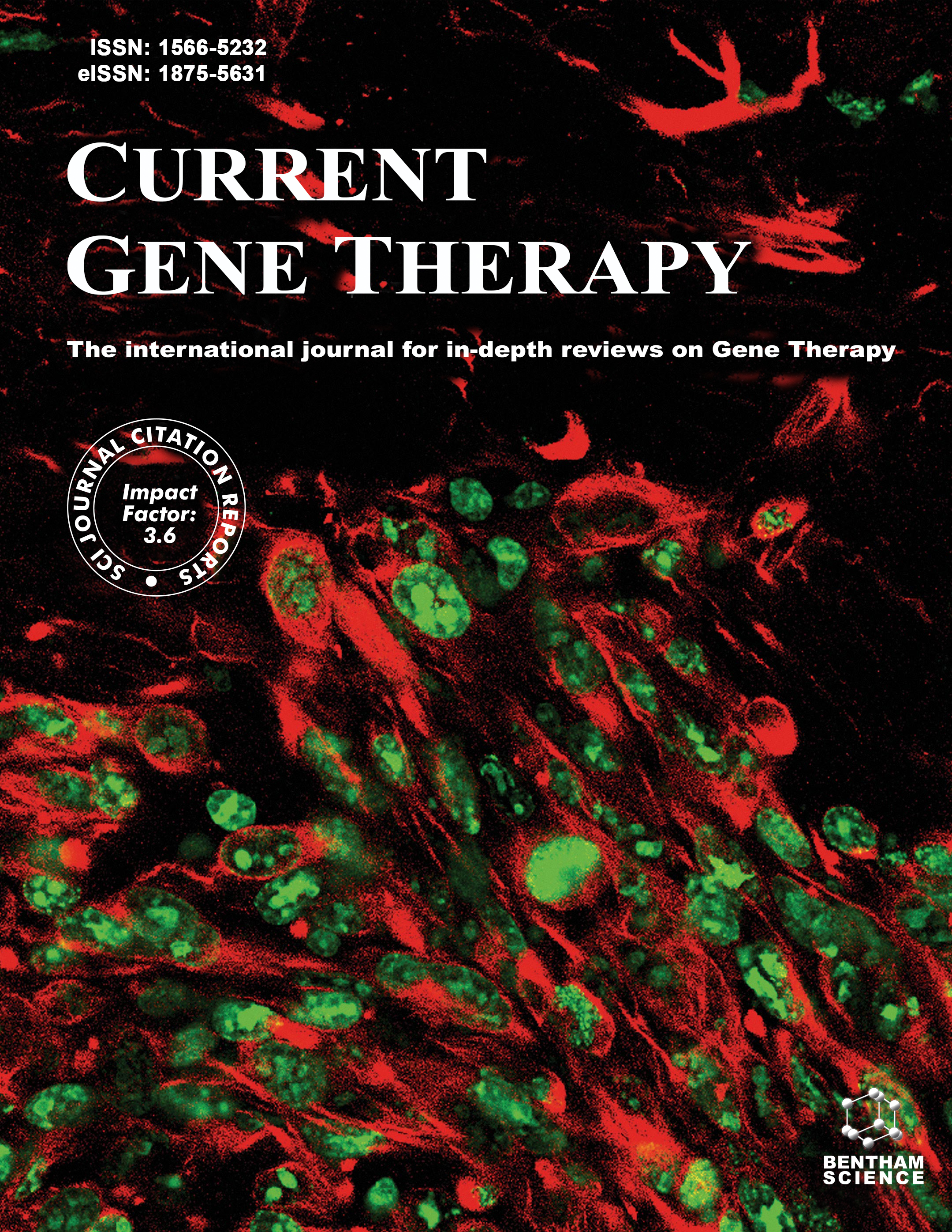
Full text loading...

Gallbladder Cancer (GBC) is a highly concerning malignancy, particularly prevalent in the Asian continent, attributed to irregularities in the bile tract. As of 2022, GLOBOCAN data ranks GBC as the 22nd most common cause of cancer-related mortality globally and the 6th among gastrointestinal cancers. According to recent World Cancer Research statistics, approximately 122,491 new cases of gallbladder cancer were reported by the end of 2022, ranking it 23rd among cancers in men and 20th in women worldwide. Towards the therapy of GBC, genetic studies have provided valuable insights into the molecular mechanisms driving GBC. Mutations in TP53, KRAS, ERBB2 (HER2), CDKN2A, and PIK3CA play crucial roles in tumor initiation and progression. Additionally, epigenetic modifications and aberrant signaling pathways, including Wnt/β-catenin, Notch, and PI3K/AKT/mTOR, have been implicated in GBC pathogenesis. Exploring these genetic alterations has led to targeted therapies, such as HER2 inhibitors (trastuzumab, pertuzumab) and immune checkpoint inhibitors, offering new treatment prospects. Further, current treatment approaches, including surgical resection, chemotherapy (gemcitabine-cisplatin), and radiation therapy, offer suboptimal outcomes in advanced stages of GBC. Despite its prevalence, effective therapeutic approaches and early-stage diagnostic methods remain elusive. This review provides a comprehensive overview of GBC, including its genetic mutations, epidemiology, risk factors, prevention, diagnosis, treatment options, and challenges. This work aims to offer valuable insights into the various factors directly or indirectly associated with GBC, which may assist in preparing an effective strategy against this growing malignancy.

Article metrics loading...

Full text loading...
References


Data & Media loading...